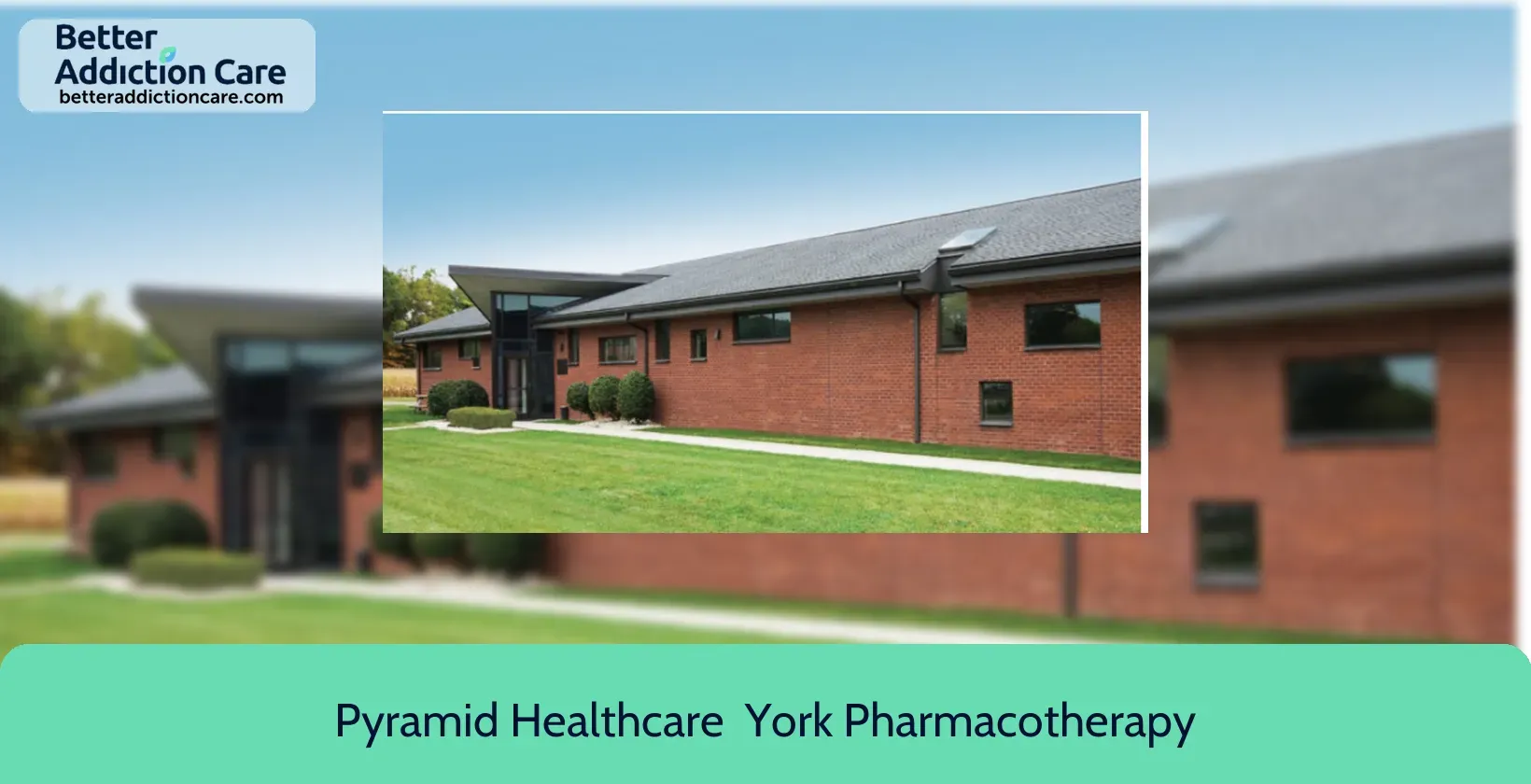New Insights II

Overview
Treating patients with alcoholism and chemical abuse is the focus of York, Pennsylvania-based private rehabilitation facility New Insights II. Second-generation family-run company New Insights II views addiction as a degenerative illness that affects the mind, body, and soul. The institution stresses that recovery is a human responsibility that requires thorough treatment across all levels, even if it acknowledges that addiction is not a person's fault.
The goal of New Insights II is to treat, educate, and coach individuals in order to turn around their addiction while simultaneously assisting them in regaining their sense of self. The hospital is dedicated to providing a safe, encouraging atmosphere where patients may succeed and keep their dignity throughout their path toward recovery.
With licenses from the Pennsylvania Department of Drug and Alcohol Programs, the facility runs two full-service locations in the counties of York and Cumberland. Medication-assisted therapies, Partial Hospitalization Programs (PHP), Intensive Outpatient Programs (IOP), and conventional outpatient services are all included in their extensive treatment plans.
Rehab patients may rely on New Insights II since it is an in-network provider for several top insurance companies, health maintenance organizations, and managed care organizations. Whether people are looking for a new start or are in a difficult circumstance, New Insights II is dedicated to supporting them in reaching their recovery objectives.
The facility satisfies the highest requirements for addiction treatment and care since it is licensed by the Pennsylvania state government and is registered with the SAMHSA.
New Insights II at a Glance
Payment Options
- Cash or self-payment
- Medicaid
- Private health insurance
- Sliding fee scale (fee is based on income and other factors)
- Self-pay options
Assessments
- Screening for tobacco use
- Comprehensive substance use assessment
- Screening for substance use
Age Groups
- Young adults
- Adults
- Seniors
Operation
- Private for-profit organization
Highlights About New Insights II
7.00/10
With an overall rating of 7.00/10, this facility has following balanced range of services. Alcohol Rehabilitation: 8.00/10, Drug Rehab and Detox: 6.00/10, Insurance and Payments: 6.67/10, Treatment Options: 7.33/10.-
Alcohol Rehabilitation 8.00
-
Treatment Options 7.33
-
Insurance and Payments 6.67
-
Drug Rehab and Detox 6.00
Accreditations
SAMHSA certification for opioid treatment program (OTP):
SAMHSA's Opioid Treatment Programs (OTP) accreditation is a prestigious recognition that signifies a program's compliance with stringent standards and guidelines established by the Substance Abuse and Mental Health Services Administration (SAMHSA). This accreditation demonstrates an OTP's commitment to providing high-quality, evidence-based care for individuals struggling with opioid use disorder (OUD). It serves as a trusted symbol of accountability and excellence, assuring patients, families, and communities that the OTP offers safe, effective, and comprehensive treatment options for OUD.
State department of health:

Government agencies issue State Licenses, granting rehabilitation organizations permission to operate their businesses legally within specific geographic regions. The licenses needed for legal operation are typically determined by the type of rehabilitation program offered by a facility and its physical location.
Treatment At New Insights II
Treatment Conditions
- Alcoholism
- Substance use treatment
- Co-occurring Disorders
- Opioid Treatement
Care Levels
- Outpatient
- Intensive outpatient treatment
- Regular outpatient treatment
- Aftercare
Treatment Modalities
- Cognitive behavioral therapy
- Substance use disorder counseling
- Group counseling
- Family counseling
- Marital/couples counseling
Ancillary Services
Additional Services
- Pharmacotherapies administered during treatment
- Discharge Planning
- Breathalyzer or blood alcohol testing
Get Help Now
Common Questions About New Insights II
Contact Information
Other Facilities in York

6.99

7.10

7.10

6.86

6.62

6.68

6.74

7.14
DISCLAIMER: The facility name, logo and brand are the property and registered trademarks of Pyramid Healthcare - York Pharmacotherapy Services, and are being used for identification and informational purposes only. Use of these names, logos and brands shall not imply endorsement. BetterAddictionCare.com is not affiliated with or sponsored by Pyramid Healthcare - York Pharmacotherapy Services.
